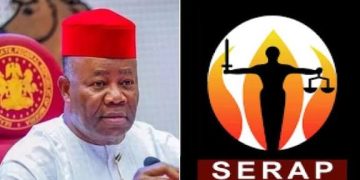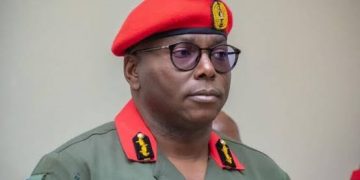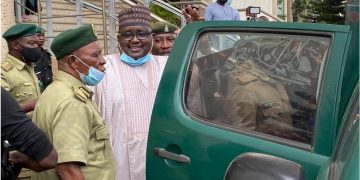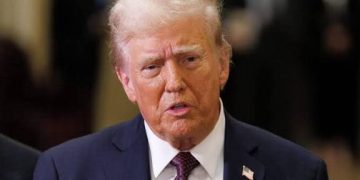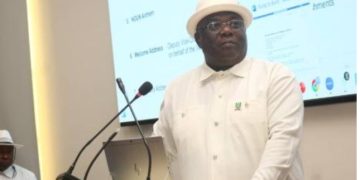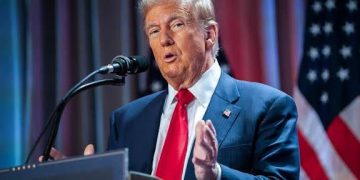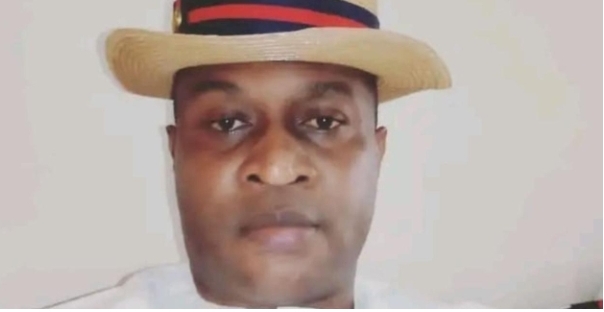Our politicians should hide their faces in shame. For over 60 years, no civilian or military leadership has been able to provide Nigerians with the basic amenities that form the foundation of human development and national growth.
Ironically, countries like Morocco, Tunisia, Egypt, Kenya, and Seychelles, which are often considered “below” the almighty Nigeria, have managed to achieve what Nigerian leaders have consistently failed to deliver. These nations, though also in Africa, have built modern infrastructure, ensured more reliable utilities, developed healthcare and education systems, stabilized financial institutions, and advanced telecommunication networks. While the quality of these services may vary within their regions, they demonstrate that such achievements are not beyond reach for African nations.
Yet Nigeria, the self-proclaimed “Giant of Africa,” lags on all fronts. Basic amenities such as electricity, clean water, sanitation, healthcare, education, roads, transportation, public safety, affordable housing, and employment opportunities remain elusive. These are not luxuries they are fundamental rights that define the dignity, security, and prosperity of citizens.
Instead, the obsession of most Nigerian politicians revolves around elections, power, and personal enrichment. Their focus is not on strengthening the health sector, revitalizing education, or developing agriculture. Their priority is to stay on top and control public funds.
The tragedy lies in the complicity of the voters. The only time an ordinary Nigerian receives “free money,” a token of two thousand naira, is during elections. Nigerians are deliberately kept in cycles of poverty, ignorance, and desperation, reactivated every election season when their services as voters are required. But for how long will this cycle continue?
Even the politicians themselves admit the scale of the rot. Former Kaduna State Governor, Nasir El-Rufai, confessed that four years is not enough to make meaningful changes, yet he still wants President Bola Tinubu removed. Atiku Abubakar insists he wants to “rescue Nigeria.” Peter Obi promises to serve only one term of four years if given the chance. Meanwhile, some groups are agitating for former President Goodluck Jonathan to return.
But amid all these political promises and recycled faces, one question remains: Why is it so difficult for Nigerian leaders to provide the basics?
Clean Water and Sanitation access to safe drinking water and proper sanitation facilities, such as toilets and drainage systems, is vital for public health. Yet millions of Nigerians lack these essentials.
Electricity powers homes, businesses, and public utilities like streetlights. But after decades of failed reforms and billions spent, Nigeria remains in perpetual darkness.
A functioning healthcare system is the backbone of any society, but Nigeria’s hospitals remain underfunded, understaffed, and ill-equipped.
Education is a basic right, yet public schools are plagued by poor funding, dilapidated infrastructure, and chronic strikes.
Infrastructure like roads, transportation, and other public works is vital for economic growth and national integration, but it remains in disrepair.
For more than six decades, no Nigerian administration, military or democratic, has succeeded in building a nation where the basics are guaranteed. The so-called “Giant of Africa” remains a giant only in name.
Until Nigerian leaders abandon the politics of greed and survival, and until Nigerians themselves demand accountability beyond the ballot box and election-day handouts, the nation will continue to sink deeper into the abyss of underdevelopment.
Daniel Okonkwo is a seasoned writer, human rights advocate, and public affairs analyst, renowned for articles on governance, justice, and social equity.


